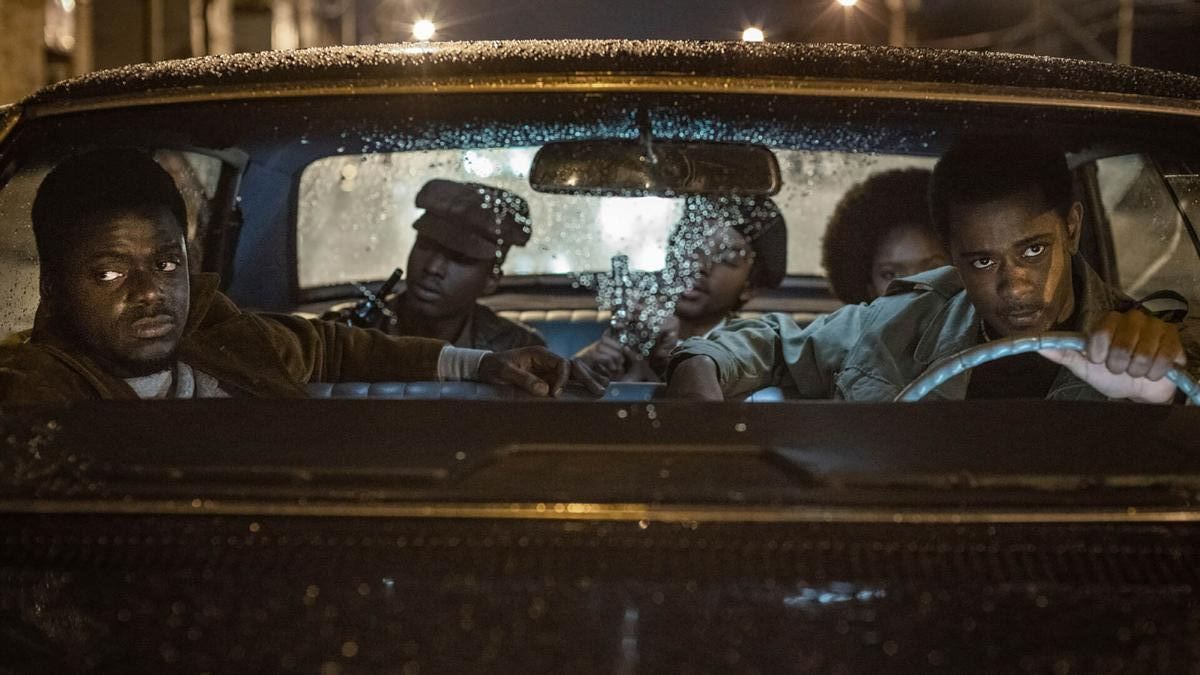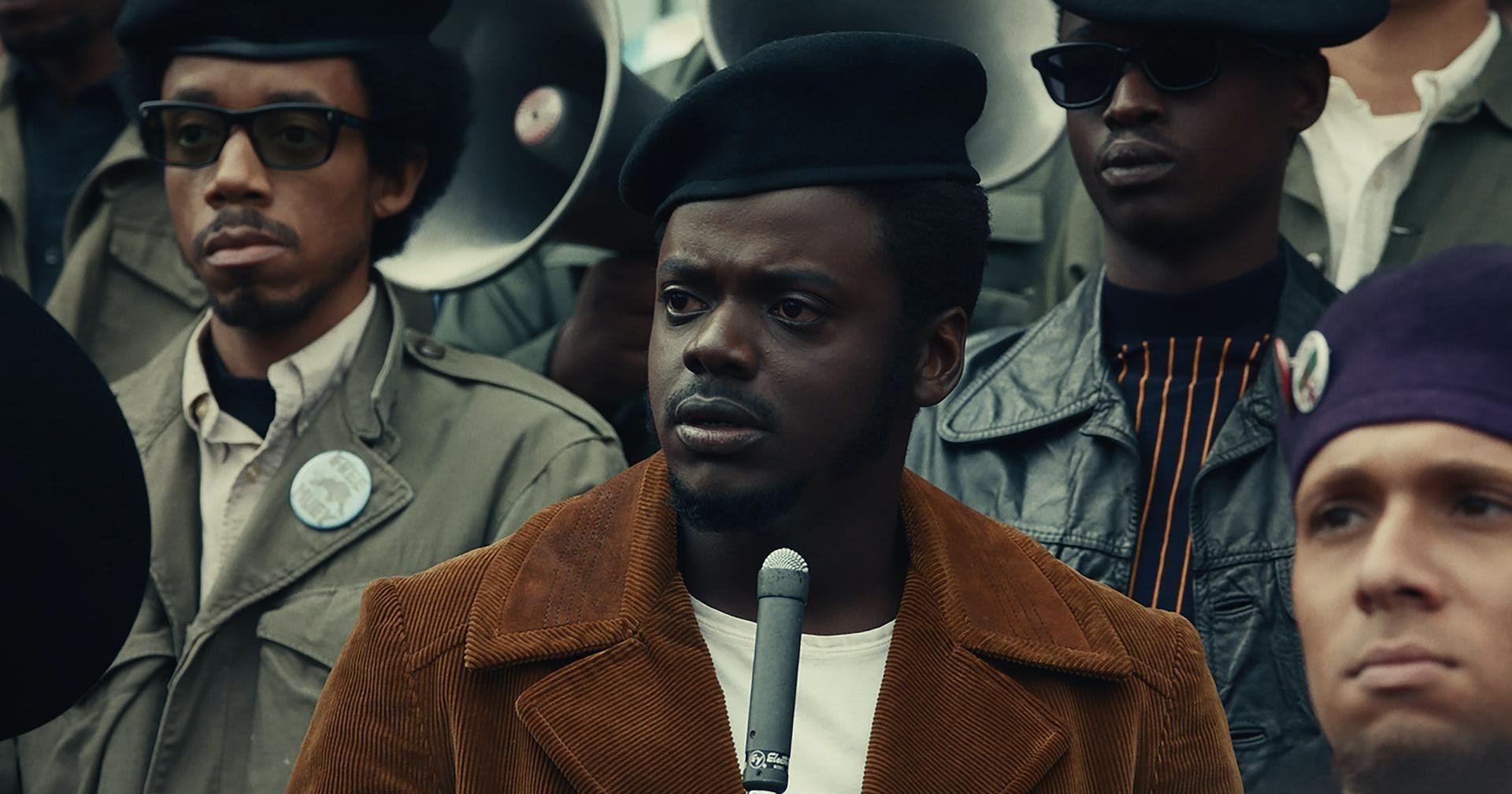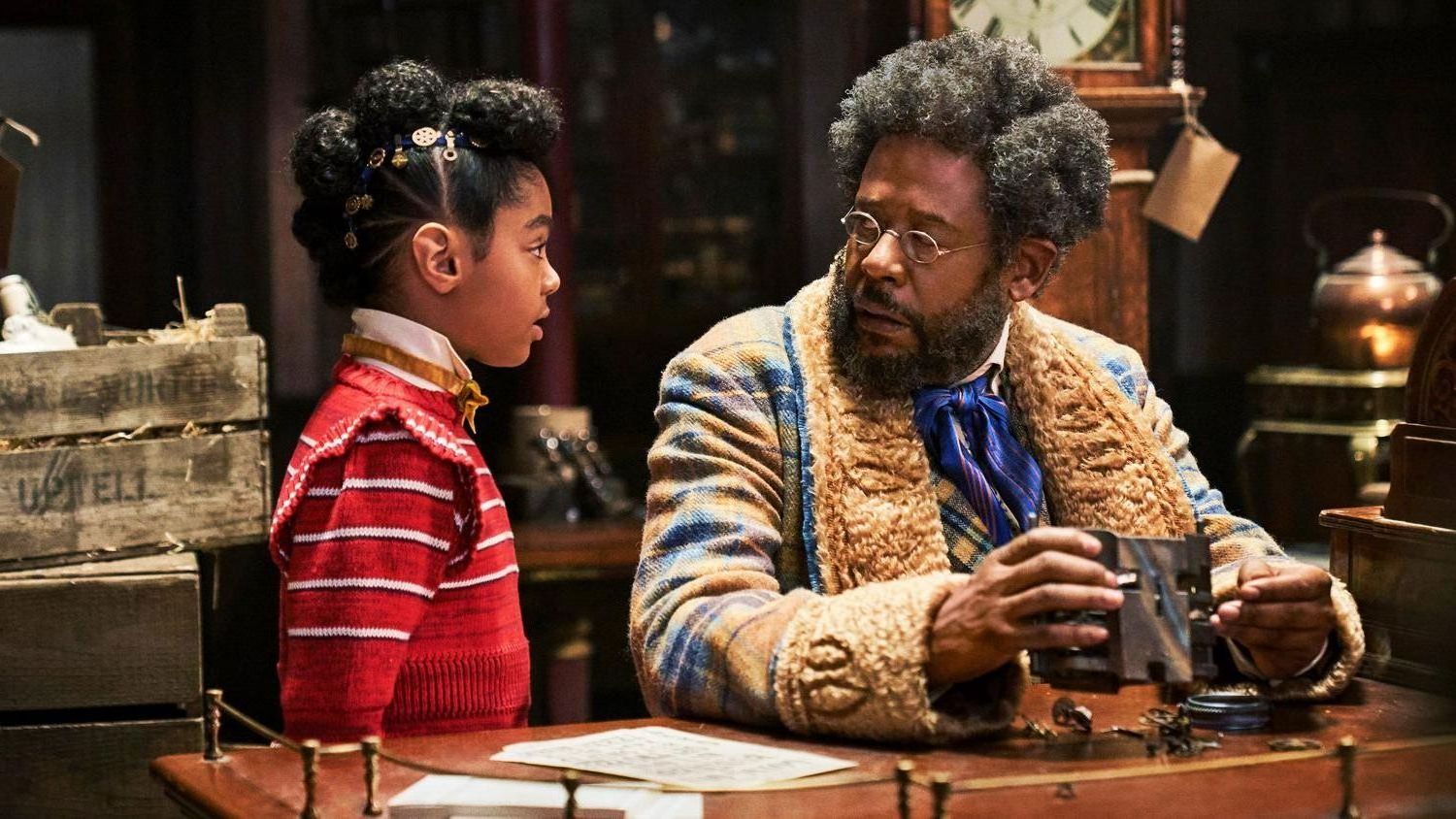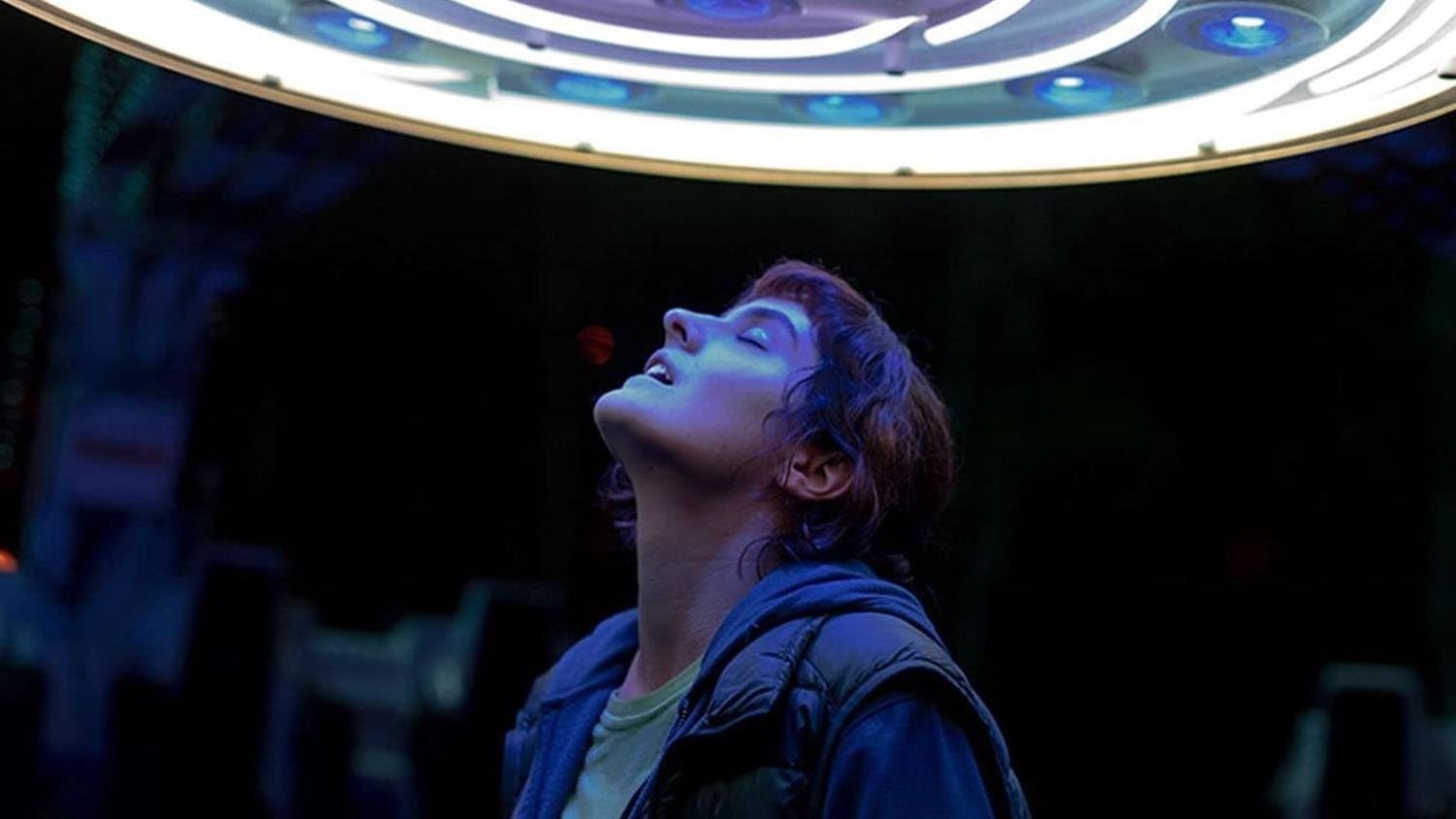
Judas And The Black Messiah Review Movie
Judas And The Black Messiah Review
The end result is that it's an unintentional smile that will tell you everything you should be aware of Judas and the Black Messiah. The film is a Ryan Coogler documentary about Fred Hampton's life Black Civil Rights activists Fred Hampton, LaKeith Stanfield's character – a car burglar who is now a notorious FBI informant dubbed William O'Neal – is bluffing in a flurry to hide his identity from his comrades in The Black Panther Party. It's a recognizable dramatic beat and is found in the stories of undercover agents that range from Donnie Brasco and Point Break.
However, what's less well-known is the final look on the face of O'Neal. As the camera continues to linger in the aftermath of an argument, Stanfield lets out the uncontrollable laugh of someone who cannot imagine being able to get away with it. In the scene of Shaka King's pulverizing, powerful second film, it's an eye-opening moment. It's not just because it demonstrates the erratic choices and Molotov-cocktail swagger of Stanfield's performance. Also, it is a signpost to a program with a distinct streak of uncertainty with a remarkable inability to give easy answers, and, at the end of the day an unsettling quality that lasts well after the credits have ended in its climactic, visceral scenes.
If you have any knowledge of Fred Hampton — and Judas And The Black Messiah's epic biblical title that is a hint at the mythical standing his story has achieved within the Black American community over the fifty years since its release If you do, then you be able to appreciate the tragic manner in which these final moments unfold. However, it's the work of King that creates the audience's two hour journey to an Googlable conclusion feel thrilling and exciting.

The film begins with an older O'Neal in 1989. He is sweating under the spotlight of the cameras of documentaries. Then, an exciting flurry of footage from archives (Martin the King's assassination Los Angeles' Watts rebellion, Black Panther Party members training) brings our viewers back in time to 1960s. In this episode, we witness O'Neal again, taking part in a heist on a car that is a disaster prior to being seized by police. In a state of fear, bloody and scared, and facing an extended prison sentence when he is approached by an agent from the federal government Roy Mitchell (Jesse Plemons, with his soft, amiable manner of speaking) and is offered the chance to escape sentence by gaining access to his local Illinois Black Panther Party, headed by its the party's chairman Fred Hampton (Daniel Kaluuya) who is a young Chicago actor whose oratory talents attract a huge audience and the attention of the authorities.
King is knowledgeable about his subject enough to give it a an emotional and confident sophistication and an irresistible, visually attitude
From there , Judas and The Black Messiah's beginning is a tense, snarling view of O'Neal's ploy to make his way to Hampton's inner circle, trying to avoid detection (most particularly during a skillfully executed armed summit that is paced well between and the Illinois Panthers and a local group that O'Neal has a history with) and negotiating his increasing dangerous relationship with Mitchell. Think of The Departed with the Black Power beret and you will not be far from.
But, King – who also wrote the script with Will Berson and has been working on a version of the story since at the very least, 2016 is knowledgeable enough about his subject to infuse it with confidence emotion, emotional depth and a captivating, visual style. Cinematographer Sean Bobbitt (best known for his work with Steve McQueen) brings an elegant and intimate sweep to scenes that, once again have some of the nuances of Scorsese's dazzling movement. Also, Mark Isham and Craig Harris scoring is a captivating mixture of discordant jazz horns as well as foot-stomping percussion, and abrupt shaking sternumsit could be a individual character.
Then obviously, there are the performances that stand out. Kaluuya is often captivating, showcasing Hampton's ursine, twinkly charm battle-weariness, sassy half-rapped voice. Dominique Fishback — as Hampton's co-revolutionary and friend, Deborah Johnson — makes an unforgettable emotional impression in her few words she can offer as well as Stanfield deserves a lot of recognition for transforming a character that could be a deserving antagonist into an edgy and compassionate character who is caught in the frenzied grip of a racist and systemic government.
If there's a critique that is valid, it's that the narrative could benefit from scenes that establish the more intimate bond with Hampton as well as O'Neal. However, this is a minor point to this spry and thrillingly violent and stunningly acted tribute to One of civil rights movement's most influential voices and memorable moments. It's also an affirmation, in essence, that even though Black people continue to be involved in the same battles for centuries in the name of justice, that struggle will not stop.

